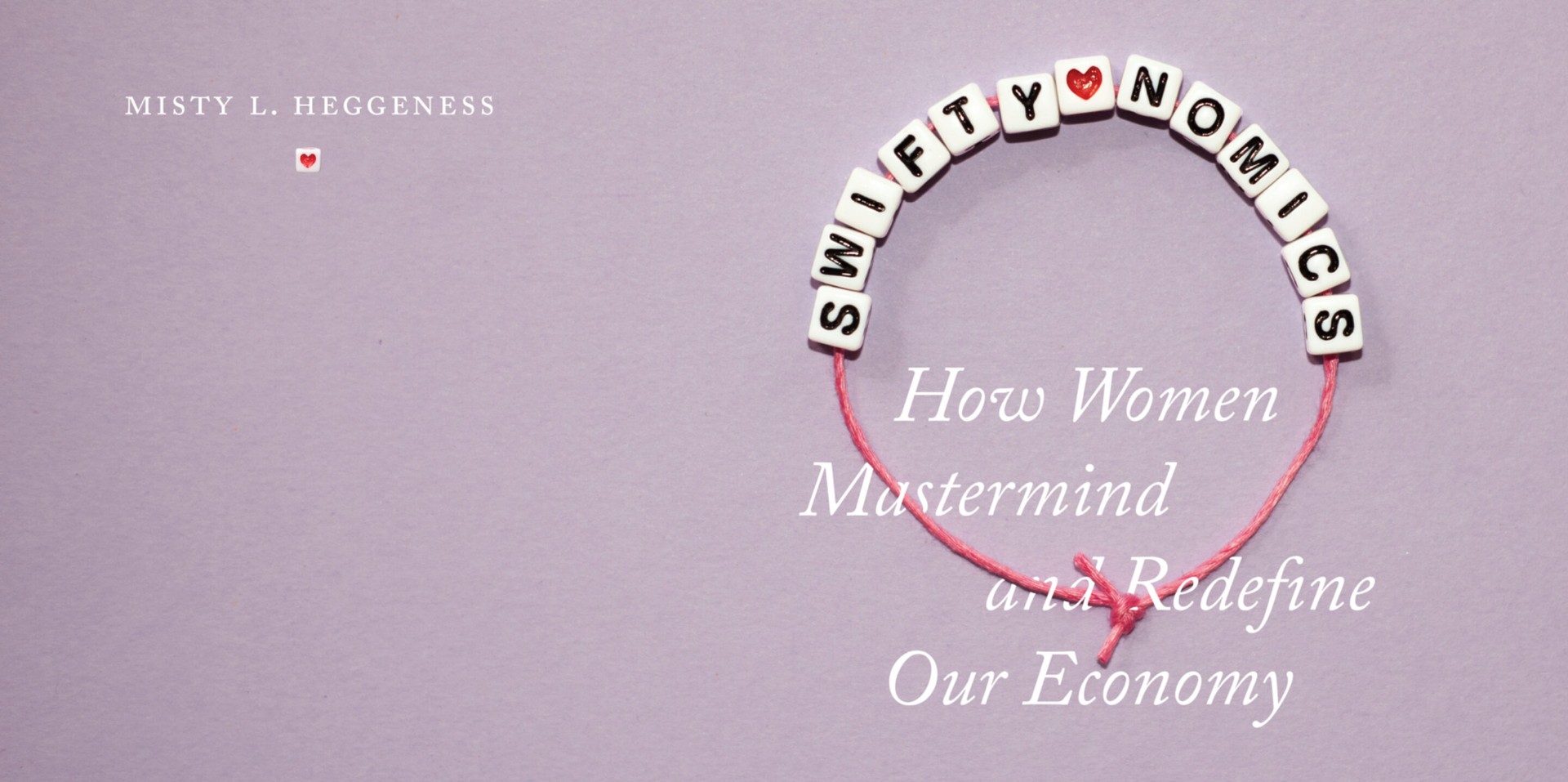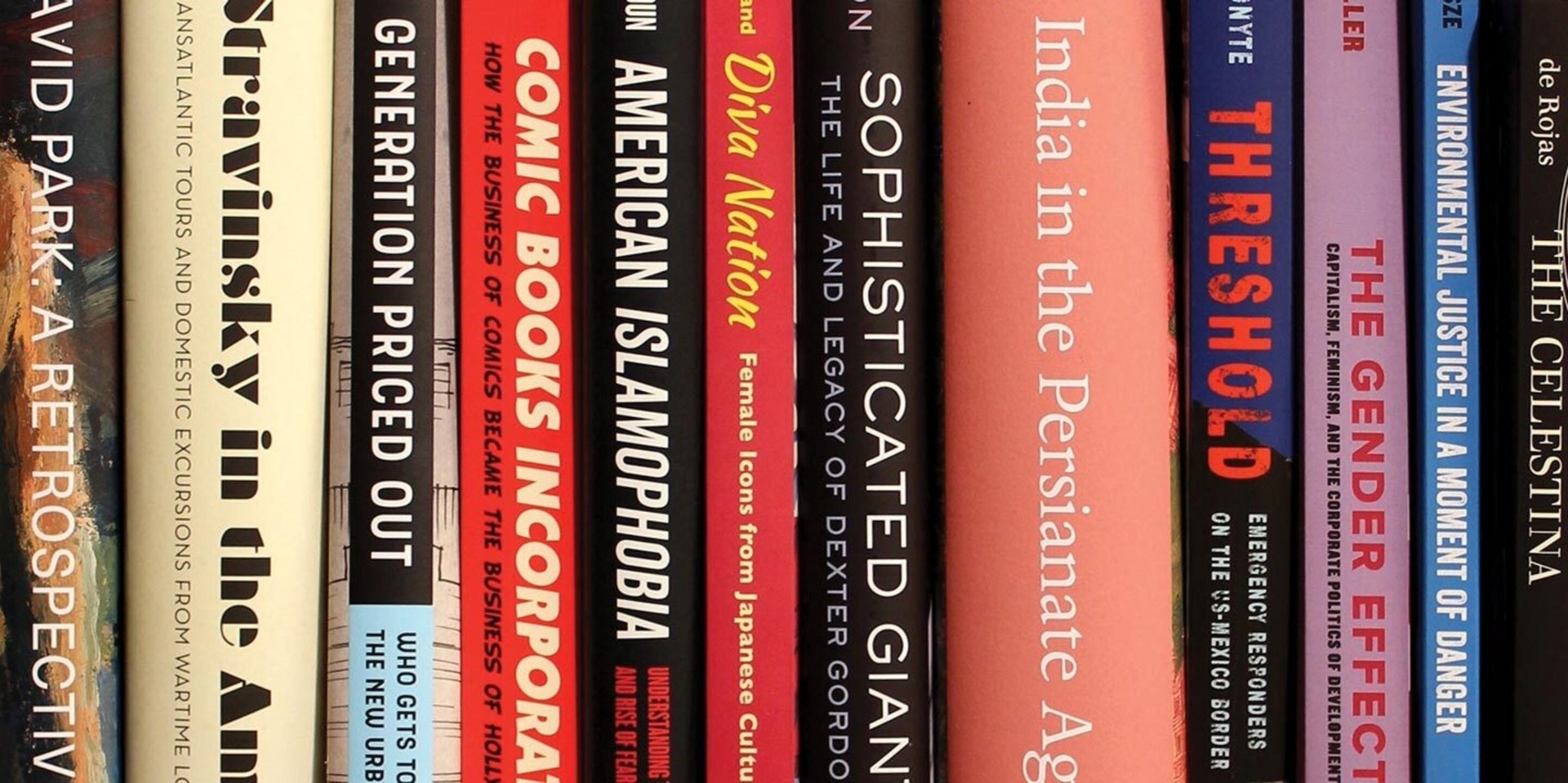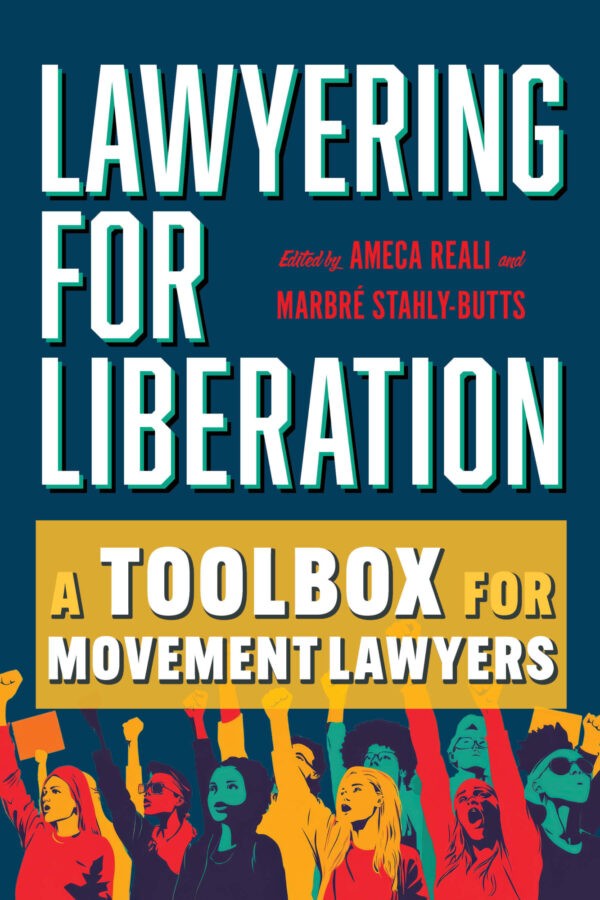The New Crusades
In The New Crusades: Islamophobia and the Global War on Muslims (U California Press, 2023), Khaled A. Beydoun details how the American War on Terror has facilitated and intensified the network of anti-Muslim campaigns unfolding across the world. The New Crusades is the first book of its kind, offering a critical and intimate examination of global Islamophobia and its manifestations in Europe, Asia, the Middle East, and regions beyond and in between. Through trenchant analysis and direct testimony from Muslims on the ground, Beydoun interrogates how Islamophobia acts as a unifying global thread of state and social bigotry, instigating both liberal and right-wing hate-mongering. Whether imposed by way of hijab bans in France, state-sponsored hate speech and violence in India, or the network of concentration camps in China, Islamophobia unravels into distinct systems of demonization and oppression across the post-9/11 geopolitical landscape. Lucid and poignant, The New Crusades reveals that Islamophobia is not only a worldwide phenomenon—it stands as one of the world's last bastions of acceptable hate.



































